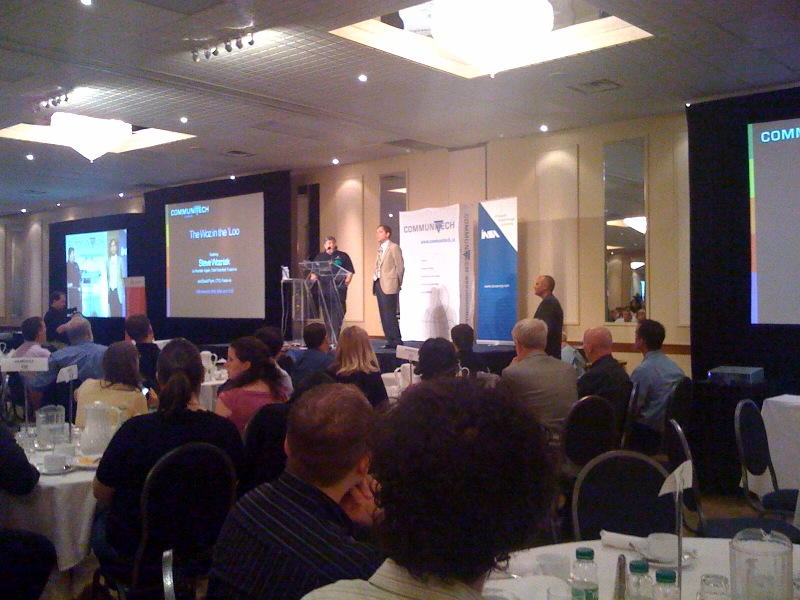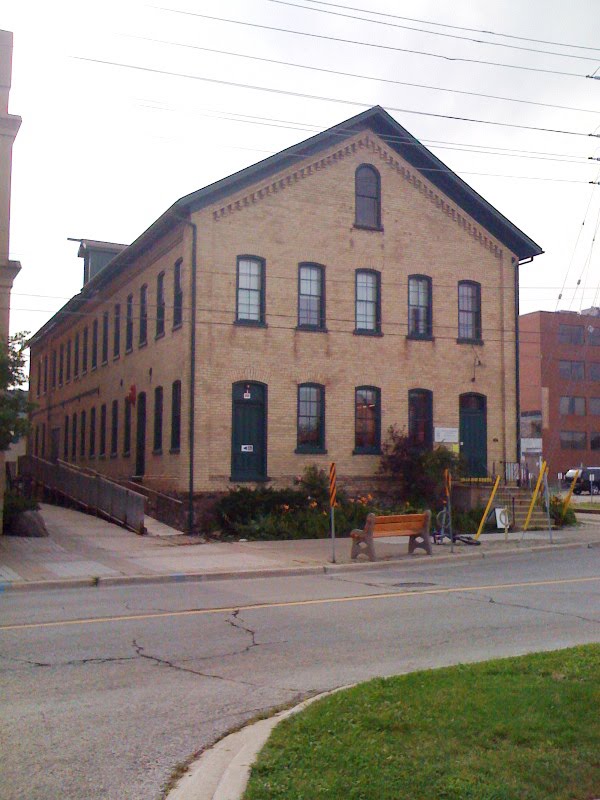My friend James Wu recently wrote an essay on the design of motorcycle turn signals. It’s a great read that has sparked some lively discussion and is well worth checking out. James starts off with a tip of the hat to The Design of Everyday Things by Donald Norman, which is probably the first book that I read on the kind of design that I do now. It’s certainly the place where I first encountered the word affordance, a quality of an object, or an environment, that allows an individual to perform an action
Reading the essay reminded me of an incident that I had shared with James some time ago while we were working together.

I was in a meeting where I needed to sign quite a few documents. Someone handed a ballpoint pen to me, and I started on the first document, only to realize that the pen wasn’t working — the writing point wasn’t out. I tried to extract the writing point, and was a little confused as I fumbled with the pen trying to figure out how to make it write. There was no clickable end, and turning the barrel didn’t work. I finally noticed, on looking more closely, that the shiny chrome end where I expected the writing point to appear had no hole and could not possibly accommodate a point.

A little more exploration revealed that this pen had a cap at the other end, which was covering the point. The faux point was strikingly similar to the business end of the pen, and, indeed, to many other pen points. The affordance was strongly one of write with this end. Even now, knowing which end of the pen gets the job done, it’s easy for me to look at it and be misled. Whatever the merits of the pen’s design, they’re negated by an affordance that’s misaligned with the pen’s functionality.

I was so struck by the ingeniously hidden writing point on this pen, that I remarked on it to the person who had handed it to me, explaining my professional interest. He told me that others had been thrown by this style of pen as well, and he let me keep it as a memento of the meeting.
Since that meeting I’ve informally tested out the pen on people when the opportunity arose to do so, and wasn’t surprised to find that some of them mis-read the pen as well. I’ve kept the pen, in a safe place, as a tangible reminder of the importance of affordance in design.









